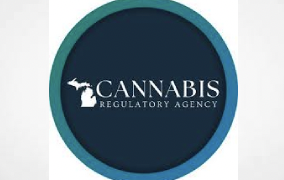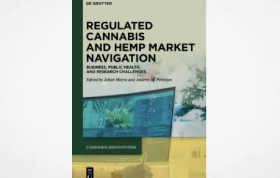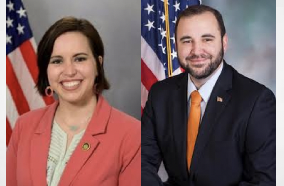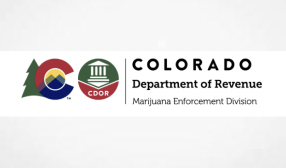Reynolds writes…
Last week I was invited to give evidence to the London Drugs Commission on the effectiveness of the UK’s drugs laws, focusing on cannabis.
Later that same day I attended the Cannabis Industry Council’s event at the Houses of Parliament where we launched our ‘Protect our Patients’ campaign to enable cannabis prescribing by GPs.
All in all, a good day in London, a city I appreciate much more from afar than when I used to live there!
Dear Lord Falconer,
It was a pleasure to meet you and your colleagues on the London Drugs Commission last week. Thank you for the opportunity to give evidence.
I am writing to summarise the key points that I made.
- There have been a number of studies and papers published on the costs/benefits of cannabis legalisation and regulation, including the paper by Chris Snowdon of the IEA who was also in our meeting. The IEA, the Taxpayers’ Alliance, Health Poverty Action, the Adam Smith Institute, the Beckley Foundation with the University of Essex and the LSE have all published well-researched analyses. I endorse them all but none is as comprehensive or uses the variety of sources (many no longer available) as the study that CLEAR Cannabis Law Reform commissioned in 2011 from the Independent Drug Monitoring Unit. Although now 12 years old, it remains as relevant as ever. The price of cannabis has, if anything, reduced while all other costs have increased.
‘Taxing the UK Cannabis Market’, 2011, Atha et al, projects a net annual gain to the UK economy of between £3.4 billion to £9.5 billion based on a £1 per gram cannabis sales tax in addition to VAT. See the attached table which neatly summarises this. I have also attached a full copy of the study.
- Cannabis is not harmless and you won’t find anyone serious who makes this claim. However its health harms are systematically and consistently exaggerated. Peanuts and shellfish cause more health harms. Finished admission episodes to hospital for ‘mental and behavioural problems’ related to cannabinoids are at one-fifth the rate of such admissions for alcohol. What appears to be a massive increase in community-based treatment for young people is confounded because 89% of such treatment is coercive. That is, such ‘treatment’ is imposed by authorities such as educational institutions or the courts as an alternative to suspension/expulsion or harsher sentences. (Sources NHS, DHSC)
The University of York estimates the risk of a diagnosis of psychosis associated with cannabis use for regular users is 1 in 20,000. Comparatively, the National Geographic Society estimates the lifetime risk of being struck by lightning at 1 in 3,000.
- Cannabis prohibition creates deep and far reaching fractures in our society which affect everyone. With the value of the market at least three times that of Class A drugs such as heroin and cocaine, it is the principal provider of regular cashflow to organised crime. It drives gangsterism, street dealing, underage use, violence, knife crime, intimidation, exploitation, county lines, human trafficking, contaminated products, societal breakdown and authoritarian policing of people’s private lives.
When government finally takes responsibility for the cannabis market and regulates it, the benefits will transform society, making our streets safer and reducing crime of all sorts. Prohibition of this largely benign and very popular substance has turned the forces of law enforcement against the communities they are supposed to protect. This policy was always destined to fail and persisting with it has caused immense, incalculable harm.
Source:
The Houses of Parliament, the London Drugs Commission and Cannabis

















